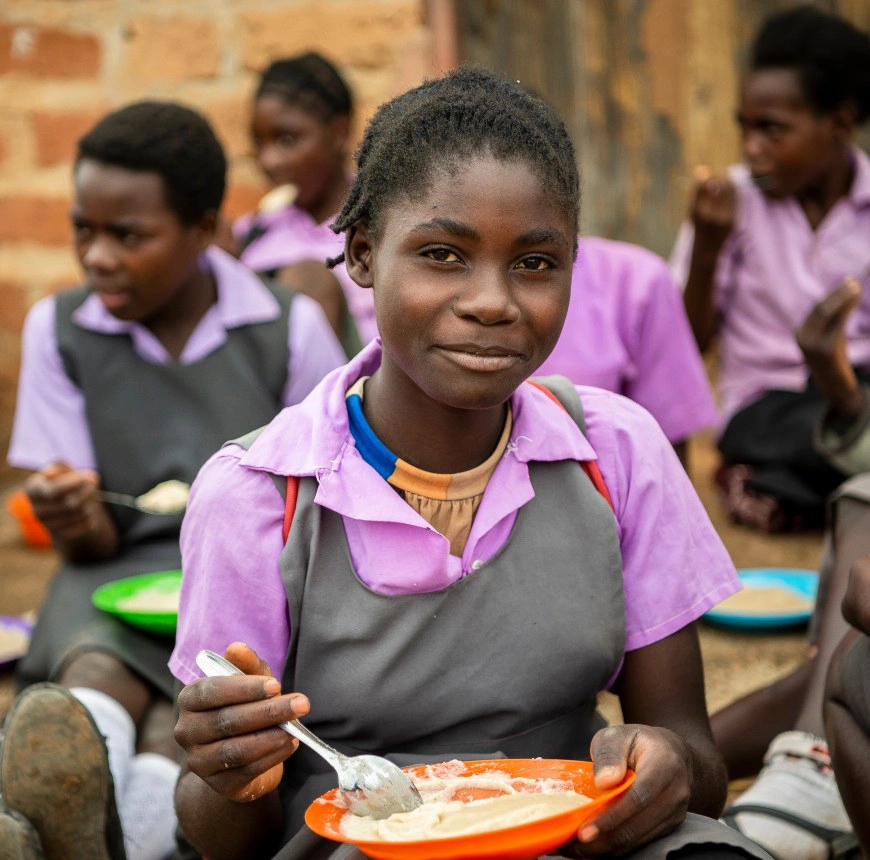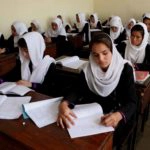Media Centre - 29 March 2022
Plan International Australia’s 2022 Federal Budget response

In response to tonight’s federal budget, handed down by Treasurer Josh Frydenberg, Plan International Australia CEO Susanne Legena said:
“We welcome the return of indexation to the overseas aid budget, along with the additional temporary measures to tackle the global pandemic and the devastating knock-on effects it is having in the Pacific and Southeast Asia.
“We are also pleased the Government has heeded calls to increase the humanitarian intake to 16,500 for those in Afghanistan most at risk from the Taliban.
“However, Australia’s aid budget, delivered tonight, does not provide the ambitious and targeted new investments that are urgently needed to address the three big ‘Cs’ facing our region and the entire world right now: climate change, the ongoing impacts of Covid-19, and the devastating humanitarian crises unfolding right now – from extreme food insecurity in the Horn of Africa and Afghanistan to conflict and war in places such as Ukraine and Myanmar.
“Although we welcome the additional $30 million for protracted crises and strengthened humanitarian action, it is not nearly enough to address these challenges.
“While the return of indexation has resulted in an increase in our overseas development budget, Australia is still well behind in contributing its fair share to global aid efforts. – which has fallen by more than half in the last decade from contributing 3.7% of global aid in 2011 to a pitiful 1.6% in 2020.
“Development assistance remains one of the most impactful investments alongside diplomatic efforts to influence and support equity, peace and economic development in the region and the world over.
“I know Australians are a generous community and when we are witnessing heartbreaking images of refugees pouring out of Ukraine and families having to make desperate, impossible decisions due to extreme hunger and poverty, Australians expect our government to be generous and to help these people in their time of need.
“We welcome additional funding of $300m over five years to support gender equality in Southeast Asia through the Women Together package. Adolescent girls are often the most impacted by these crises but also the most overlooked when it comes to the solutions. While this is a step in the right direction, we need further investment in our aid budget to support critical measures such as education, which will not only help girls to thrive, but also have the potential to provide economic benefits that will help power the much-needed economic recovery in the Asia-Pacific region due to COVID-19.
“We are at risk of a generation of girls being lost to secondary education and we simply cannot afford this, particularly in the Pacific where completion rates of secondary school remain some of the worst in the world.
“Up to 811 million people are facing ongoing hunger around the world, with 45 million – many of whom are children – of those on the edge of famine. That’s one in 10 people globally. The increase from $38m to $40m to the World Food Programme does not go nearly far enough in addressing the dire food shortages that are sweeping the globe.
“Alarmingly, experts predict the number of people who are food insecure to rise, which makes the allocated funding towards this humanitarian crisis even more disappointing and inadequate.
“If we do not do more now, experts have projected that 300,000 people could soon die of starvation each day.
“Countries in the Horn of Africa are some of the hardest hit by this food crisis. In South Sudan alone more than half of the population are on the brink of famine and in Somalia hundreds of thousands of families are abandoning their homes in search of food and water.
The measures included in the budget for climate adaptation and mitigation fall significantly short of what is needed to address the urgent climate crisis.
“Young people in Australia and across the Pacific are calling on the Australian Government to do more when it comes to climate change, and we support their calls. The impacts of climate change are now recognised as the single largest threat to the livelihoods, security and well-being of people in the Asia-Pacific region. Climate change also threatens to undo so many of the gains that we have made through Australia’s aid program.
The Government must urgently direct financing towards climate education in the region, especially for girls. Girls are significantly impacted by climate change, but they are powerful agents of change capable of strengthening a country’s response to climate change.
Plan International Australia’s recent report into climate financing found that Australia’s climate financing in the region must be more focussed on girls’ education and learning as a pathway to tackling climate change.
Media contacts


